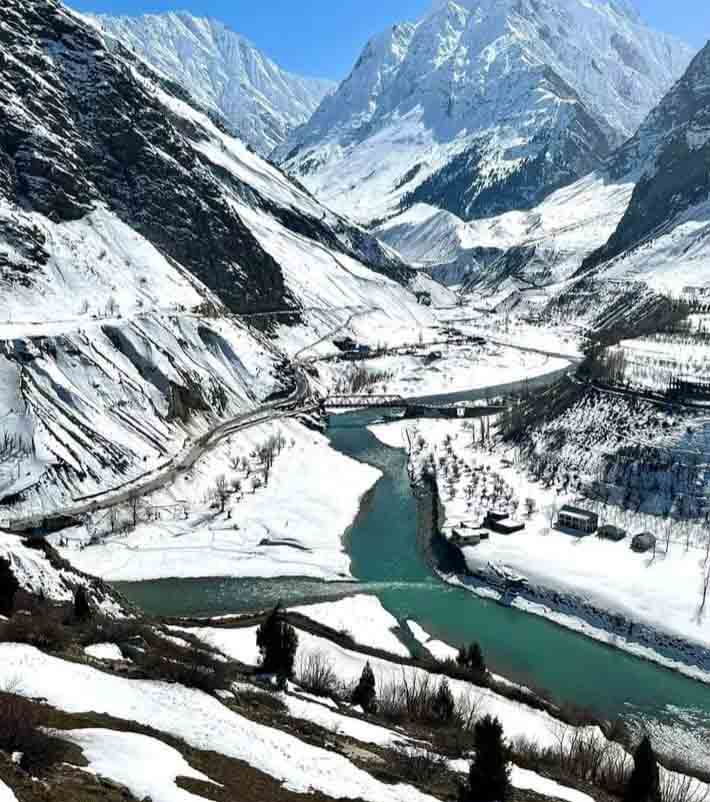SHIMLA: Himalayan glaciers are melting 10 times faster than before. It could further deepen the water crisis in many Asian countries, including India, warn glaciologists on World Environment Day today.
Citing a study conducted by the University of Leeds, the scientists said this study has highlighted that Himalayan glaciers are melting 10 times faster than before.
“It will have serious climatic fallout on Himalayan rivers that in turn, would deepen water crisis in many Asian countries, including India”, they warn.
The study cautions that the rapidity at which the Himalayan glaciers are melting may create a deep crisis for the Ganga, Brahmaputra and Indus rivers- they all depend upon glacial melt and discharge.
Dr Milap Chand Sharma, a glaciologist and Professor at Jawahar Lal University, New Delhi said it will further add to the problems of crores of people dependent on these rivers than ever before. The impact of climate change is most commonly on glaciers”, he observed.
Dr Milap, who hails from Lahaul-Spiti was speaking today at a virtual platform on “adverse effects of Climate Change on the rapidly melting of Himalayan Glaciers" at the World Environment Day organised at Himalayan Forest Research Institute, (HFRI) Shimla.
Dr Sharma said Himalayas are also called the third pole of the world because after Antarctica and the Arctic, Himalayan glaciers have the highest amount of ice deposits.
Talking about the glacier-sensitive climate parameters, Dr Sharma said the basin data of various rivers, changes in the rate of snowfall, past, present and future changes are parameters showing that the glaciers are fast melting.
Dr. S.S. Samant, Director, Himalayan Forest Research Institute, Shimla said human existence is impossible without environment. He highlighted the utility of the Earth and the various factors involved in it.
He said due to the continuous depletion of natural resources, the environment is changing. The degradation of biodiversity is taking place due to depletion of forests, reduction of ecological service and climate change.
Dr Samant said participation of all stakeholders is necessary for the protection of the environment.
This year the slogan of the WED is: "Only One Earth" campaign, whose focus is: Living Sustainably in Harmony with Nature".
This was followed by plantation of kafal, tosh, chuli and juniper plants in the botanical garden being developed in the institute campus.
Apart from the scientists, B.S. Rana (IFS, CCF Retd.), K.S. Kropha (IAS, Chief Secretary, Retd.), scientists from various institutes, researchers, Representatives of NGOs, students of various schools, teachers, farmers and field staff participated in the programme through virtual medium.
In addition, 75 students from five schools of Shimla participated in essay writing, slogan writing and painting/poster making competitions.




